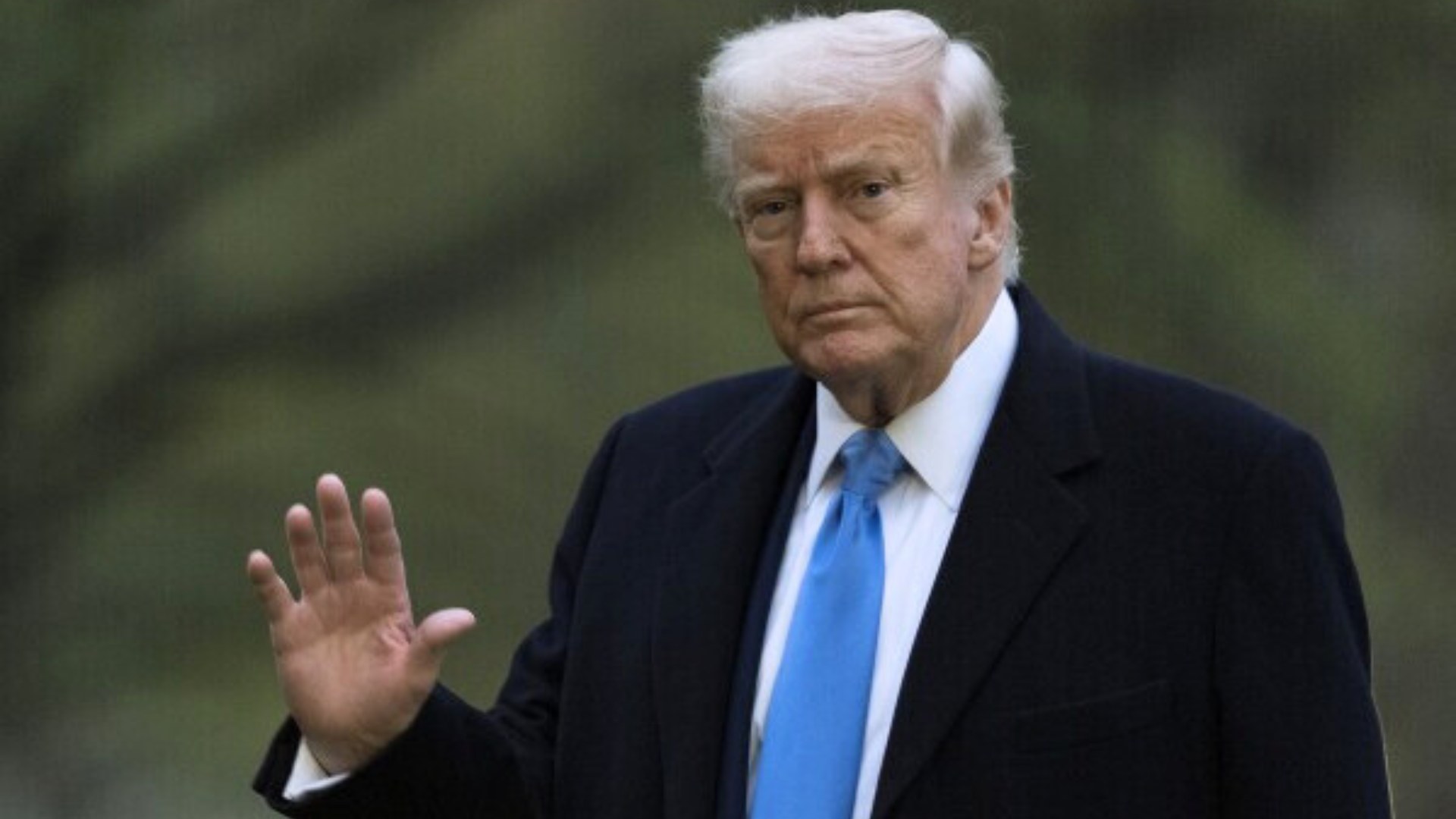US President Donald Trump has announced a 90-day pause on his new “reciprocal” tariffs, just hours after they were imposed on imports from dozens of countries.
All trading partners—excluding China—will now face a baseline 10% tariff rate instead of the higher rates unveiled during last week’s “liberation day” announcement.
However, Trump simultaneously escalated tariffs on Chinese goods, increasing them to 125% effective immediately.
China had earlier declared its own tariff hike on US imports to 84%, up from 34%, set to take effect Thursday, April 10.
Trump said the temporary pause was prompted by outreach from more than 75 countries seeking negotiations and by their lack of retaliation.
“I thought that people were jumping a bit out of line… they were getting a little bit yippy, a little bit afraid,” he said.
NEW TRUTH SOCIAL FROM PRESIDENT TRUMP:
— The White House (@WhiteHouse) April 9, 2025
🇨🇳125% TARIFF ON CHINA
🌎90-DAY PAUSE & LOWERED 10% RECIPROCAL TARIFF FOR OTHER COUNTRIES
🚨EFFECTIVE IMMEDIATELY pic.twitter.com/Gt5Bd6276m
The surprise move marks another twist in the escalating trade war, which has rattled global markets and diplomatic relations.
It came just days after the White House dismissed reports of a planned pause as “fake news.”
Markets responded swiftly and positively. The S&P 500 surged 9.5%—its biggest one-day gain since 2008—while the Nasdaq rose 12.2%, its second-largest session jump on record.
Trump acknowledged the market’s influence, saying, “The bond market right now is beautiful… I saw last night where people were getting a little queasy.”
Australia, already subject to the minimum 10% tariff, will see no change, though sector-specific duties like those on aluminium and steel remain.
Planned retaliatory tariffs from the EU have also been put on hold, pending implementation.
“Nothing’s over yet,” Trump said. “But we have a tremendous amount of spirit from other countries, including China. China wants to make a deal. They just don’t know how quite to go about it.”
US Treasury Secretary Scott Bessent called the tariff strategy a “successful negotiating tactic,” adding, “We are expecting [our allies] to come with their best deal.”
Source: ABC.
